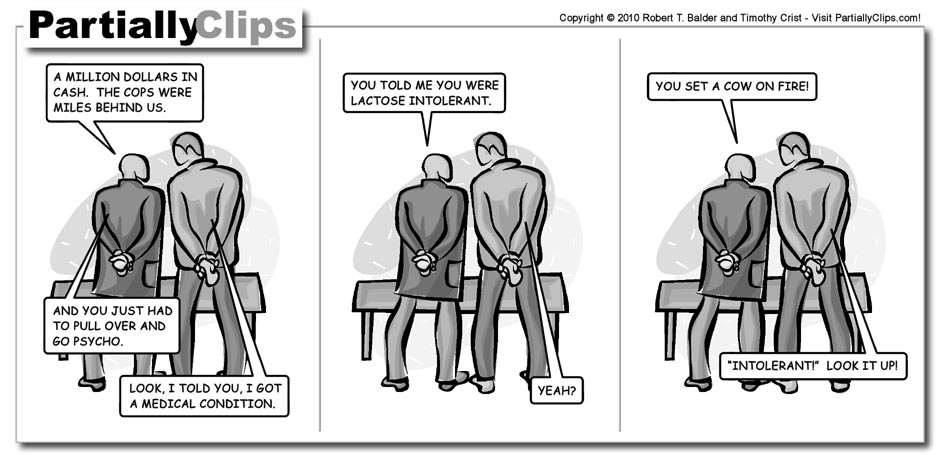Here's a case where English has it relatively easy. There's been plenty of fuss over whether to retain actress or to use actor for females as well as males, whether to adopt new gender-neutral terms like chair and craft in place of chairman and craftsman, and so on. But most English words for social roles and titles are already linguistically gender-neutral: president, senator, minister, dean, secretary, teacher, boss, judge, lawyer, …
In languages like Italian and Spanish, in contrast, nearly all such words are specified for grammatical gender, and their grammatical gender is usually interpreted sexually. Furthermore, the option to create gender-neutral replacements is linguistically unavailable — the only practical alternatives are to use one gender (usually masculine) as the default for both sexes, or to coin a new word for the marked sexual category (as in English chairwoman or househusband).
This issue is discussed at length in Miren Gutierrez and Oriana Boselli, "Rejecting the Derogatory 'Feminine'", IPS, 12/26/2009. And what I learned from this article is that Italian and Spanish have dealt with the issue in strikingly different ways.
Read the rest of this entry »


